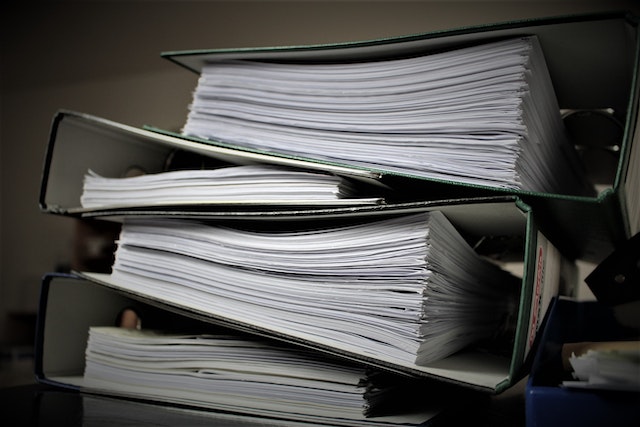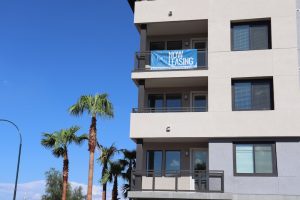A failed sprinkler system.
That’s what nearly killed Tranisha Wilcox and her two sons.
In January 2020, Wilcox woke up to the smell of smoke. A fire ignited one floor below her apartment — and a nonfunctional sprinkler system failed to stop it. She was nearly trapped inside her Atlanta apartment, as flames had engulfed her wooden balcony.
Dangerous Dwellings, a year-long Atlanta Journal-Constitution investigation, examines the squalid living conditions in some of the city’s worst apartments, and how the housing shortage and government inaction enable absentee landlords to squeeze the properties for higher profits while putting tenants’ safety in peril.
Through a three-part series with character-driven stories, extensive data analysis, damning photos, and details on apartment complexes across five counties, the AJC’s story found that much of the region’s affordable housing is nearly uninhabitable.
The idea for the story came from a spreadsheet that their editor, Lois Norder, maintained and updated for a few years containing data about fires, crime and homicides at various apartments in the metroplex.
Investigative reporter Alan Judd took a look at the spreadsheet, and he noticed a trend.
“So many of them belonged to private equity firms or other big investors who would buy them, own them awhile, cut spending and then sell them for more money. And it just kept going on and on and on, and the places just continually got worse,” he said.
Telling that story required Judd and fellow investigative reporter Willoughby Mariano to sift through more than 100,000 documents.
Using crime data from 27 police departments, code enforcement records, property records, corporate filings and more documents for around 1,000 apartment complexes, the duo found that, in many cases, landlords didn’t provide the bare minimum: functional plumbing, security cameras, gates that properly lock and close.
Not only are those properties barely habitable — but the public is footing the bill for landlords’ tax breaks while their tenants suffer.
The majority of the Atlanta-area complexes the reporters investigated received federal low-income housing tax credits. Landlords permitted Section 8 voucher recipients to live there, had to cap the rent below market rate, and most of their tenants had to be low-income — and they got a tax break for it.
Most of the absentee property owners were private equity firms that owned many other properties, Judd said.
“This is a business model for so many of these owners — it’s to spend as little as possible maintaining and protecting these properties,” Judd said.
The landlords they investigated aren’t even trying to gentrify, Judd said.
“They’re looking to run up the price of the land, so they can sell it for 75% more than they bought it for a couple months, a couple of years earlier.”
In response to the AJC’s investigation, Georgia district attorneys announced they intended to start cracking down on negligent apartment complex landlords.
Trying to contact tenants to build relationships was no easy feat — especially in the time of social distancing and face masks. Knocking on doors to meet strangers is difficult anyway, but Judd said it’s even more complicated “in places where people put a face mask on to rob you,” he said.
What’s next for the AJC reporters?
They’re on another quest: they want to know if the Feds take back the tax breaks from landlords who don’t provide liveable conditions for tenants.
“We have looked and looked for that,” Judd said.
The low-income housing tax credit program, which dishes out federal tax credits for landlords who rent to low-income tenants, is essentially “the largest government housing program in existence,” Judd said.
But for the landlords who don’t meet compliance standards, Judd said, “the IRS claws back very, very little of that money.”











